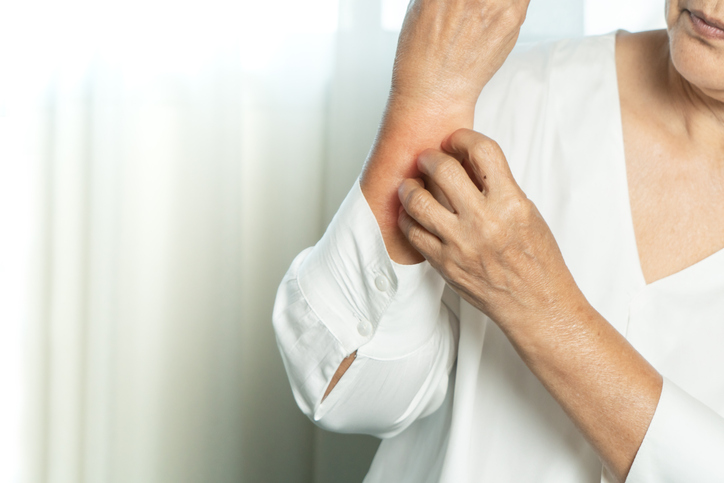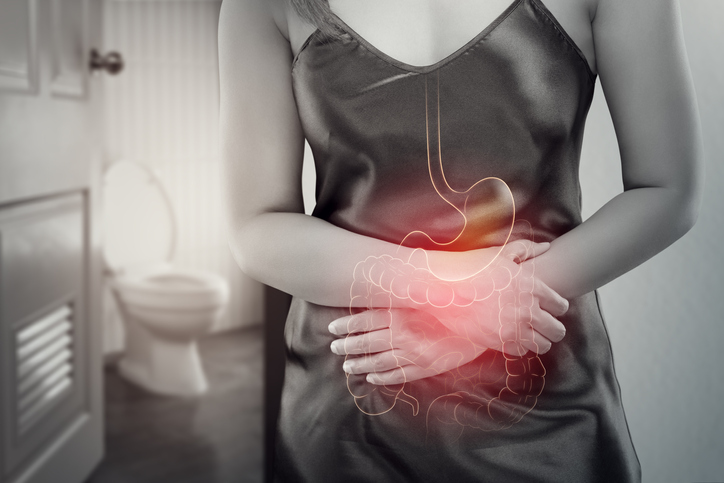Pain
Dealing With Itchy Skin (Pruritus)

Although pain is the main symptom of a chronic pain condition, it can also produce various other symptoms. Itchy skin can be a particularly aggravating symptom of a chronic pain condition or a side effect of the medication(s) used to treat it.
What is pruritus?
Pruritus (itchy skin) is an irritating and uncontrollable sensation that makes an individual want to scratch the skin in order to ease it. The causes of itchy skin are varied, including, but not limited to, environmental responses, reactions to medications or certain medical conditions.
Chronic pain-related pruritus
Neuropathic pruritus is a chronic itch caused by a malfunction of nerve cells. It presents in many conditions that also have chronic nerve pain as a symptom, such as shingles. Antihistamines are not effective in treating this type of itch. Successful treatment typically involves a neurologist and dermatologist working together to treat both the pain and pruritus. The following treatments are often used to treat pain-related pruritus:
- Topical treatments for itchy skin, such as corticosteroid creams, antibacterials or local anesthetics.
- Medications, such as pregabalin or gabapentin, can help treat nerve pain and neuropathic pruritus. The medications can be combined with an antidepressant or nerve block applied to the injured nerve.
- Behavioral treatments teach individuals how to cope with the sensation of itching. These may include relaxation techniques, avoidance of triggers, and mindfulness exercises to monitor and reduce scratching.
Medication-induced pruritus
Itchy skin is one of the most prevalent side effects of opioid pain medication and is also a side effect of anticonvulsants. In some cases, this type of itch may be responsive to antihistamines. It is important for individuals to notify their doctors about any experienced side effects, including itchy skin, as the dosage of their medication(s) may need to be changed. Some topical treatments and home remedies to try for medication-induced itchy skin include, but are not limited to, the following:
Topical itch treatments
- Camphor
- Menthol
- Phenol
- Pramoxine
- Diphenhydramine
- Benzocaine
- Hydrocortisone
Home remedies
- Running cool tap water over the affected area
- Taking a cool shower
- Taking a cool, oatmeal bath
- Applying ice packs to the area
- Keeping skin well hydrated
If an individual experiences extreme itchy skin, they should speak with their doctor. Pruritus can be treated and possibly reduced with proper care and management of pain conditions.


















